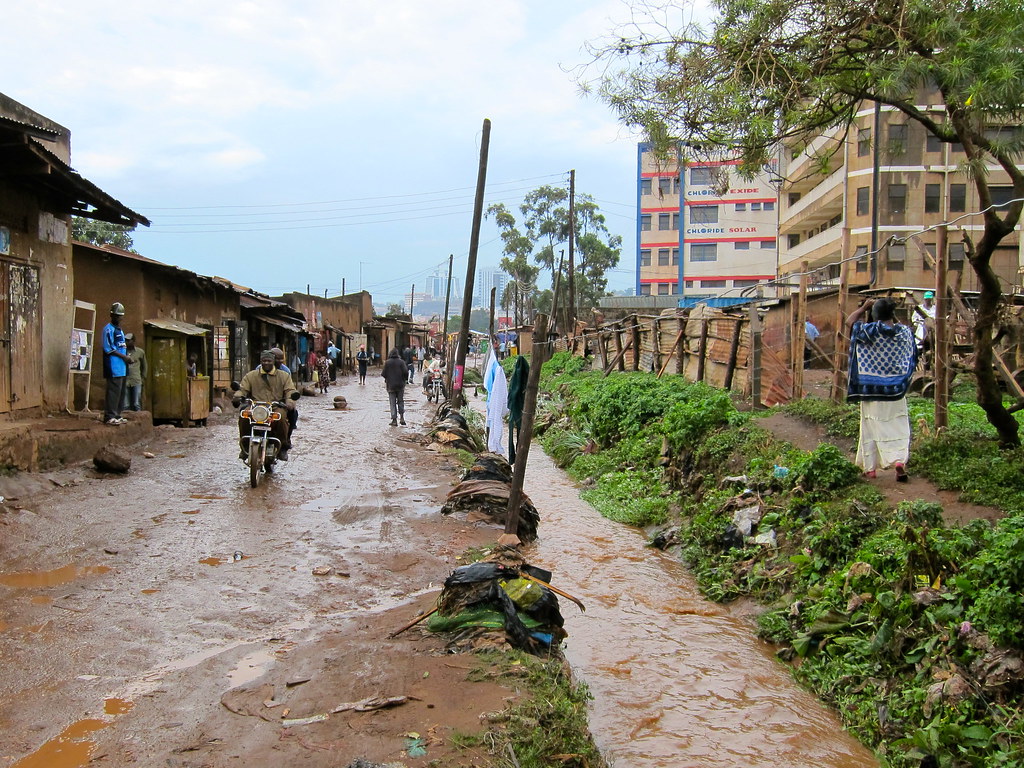Crisis Emergencies, State Responses and ‘Windows’ of Corruption in Uganda

The project will study crisis responses in Uganda, examining how they create opportunities for corruption. It will analyze past emergencies to understand the patterns of corruption and develop strategies to prevent corruption in future crises, with a focus on protecting vulnerable groups like women, children, people with disabilities, and marginalized ethnic communities.
Click here for the Project One-Pager
To learn more about this project, contact Principal Investigator Professor Sabiti Makara.
Project Summary
The project will examine and deepen the understanding of crises/emergencies, and the responses by the state and other stakeholders (such as the non-governmental organizations, private sector) to such crises, can create opportunities for corruption in Uganda. The project aims to analyse corruption experiences and responses during four previous emergencies in Uganda, seeking to understand the forms, patterns and pathways of corruption. The project also seeks to develop strategies for preventing corruption when responding to crises or emergencies to strengthen the resilience of vulnerable sectors and population groups, mainly women, children, people with disabilities and marginalized ethnic communities in future crises.
Policy and Programming Implications
The research will generate evidence on the forms, patterns, and pathways of corruption during emergencies. It will also develop anti-corruption strategies and trial interventions for implementing and monitoring emergency responses. Finally, it will strengthen detection and timely reporting of corruption events to enable upstream actions by law enforcement agencies.
Research Questions
- What are the forms, practices, and patterns of corruption during emergency crises in Uganda?
- What is the cost of corruption and how knowledgeable or aware are citizens in this regard?
- How can citizens be empowered to act against corruption in emergency crisis situations?
Methodology
We will use in-depth Interviews to collect data and engage in dialogue with leaders and emergency responders in government, Civil Society Organizations, lower-level government officials at the emergency points and religious leaders. We shall also use a Focus Group Guide (FGG) designed to elicit information from individual participants regarding their experiences of the four main emergency responses that we compare
Given that a study of this magnitude cannot be conducted all over Uganda, we will adopt a cluster sampling design to select the districts. Clusters will comprise the 9 sub-regions of Uganda. From the regions, a total of 18 districts will be selected using the sub-regions as clusters. Two researchers will also review criminal case records of completed cases and cases currently before courts of law, as well as administrative data on non-criminal cases of corruption (e.g., data on conflicts of interest, abuse of office, professional misconduct) and whether and what types of disciplinary actions were taken.
Research Team Members
- Prof. Sabiti Makara, Department of Governance at Kabale University, Uganda.
- Prof. Natal Ayiga, Director of Research and Publications at Kabale University.
- Prof. M. Katusiime, Dean of Arts and Social Sciences at Kabale University.
- Dr. Abel Mucunguzi, Head of Governance Department at Kabale University.
- Mr. Robert Kakuru Byamugisha, Executive Director of KICK CORRUPTION OUT OF UGANDA.
- Dr. Oketch Chrisostom, Lecturer and coordinator for graduate studies in the Department of
Governance at Kabale University.

